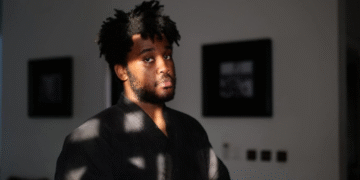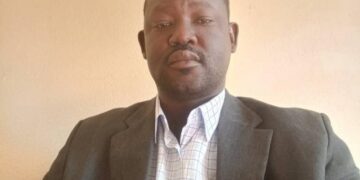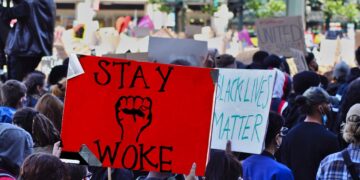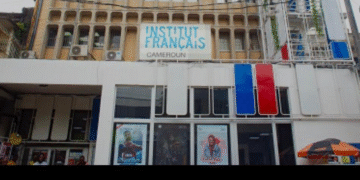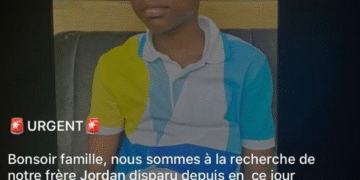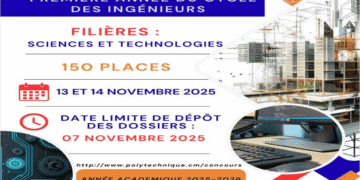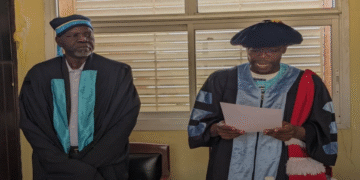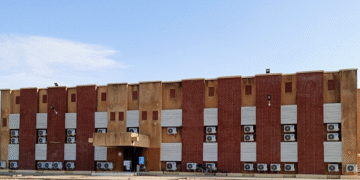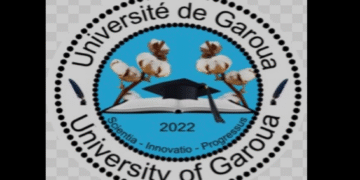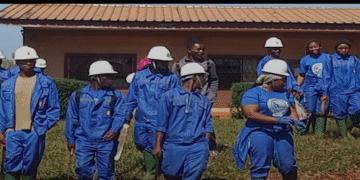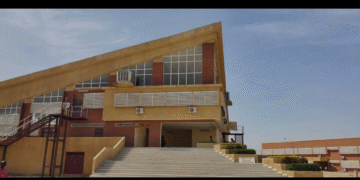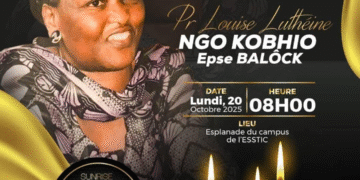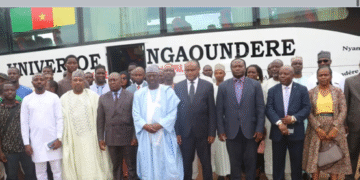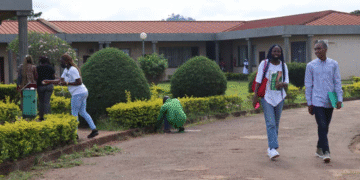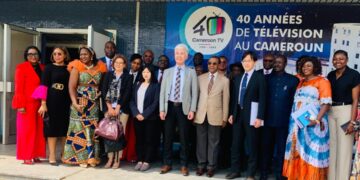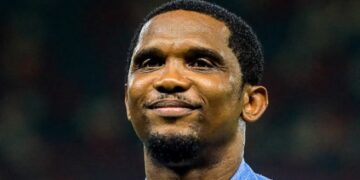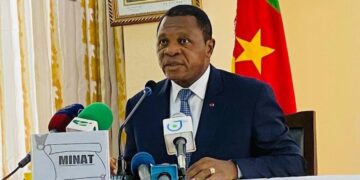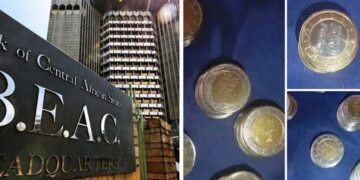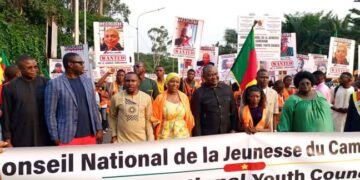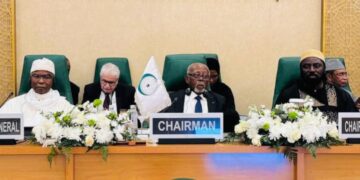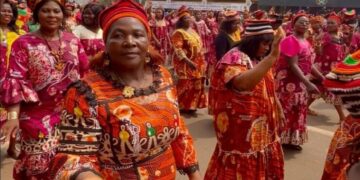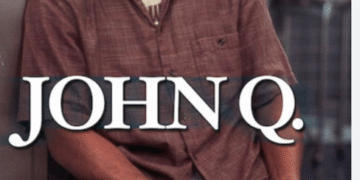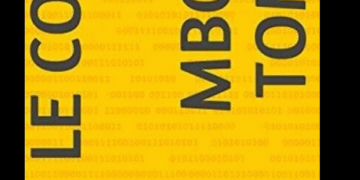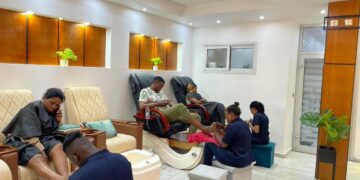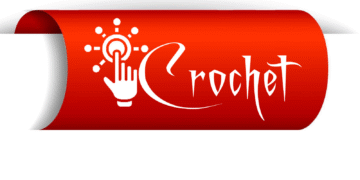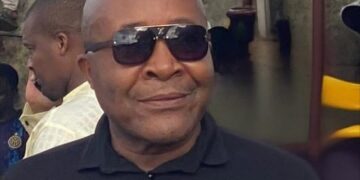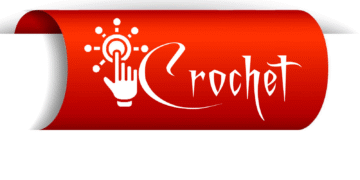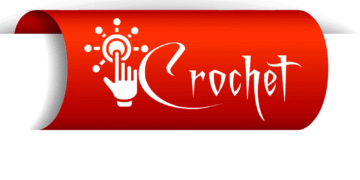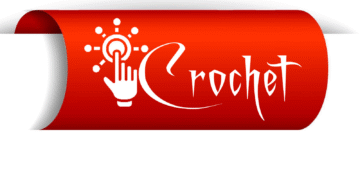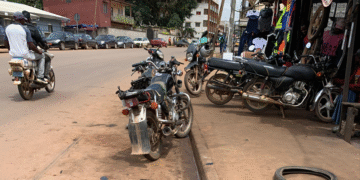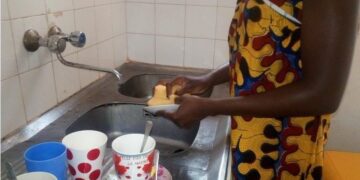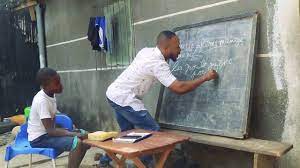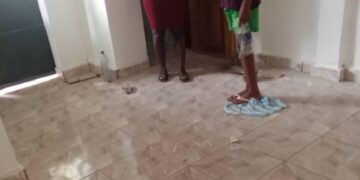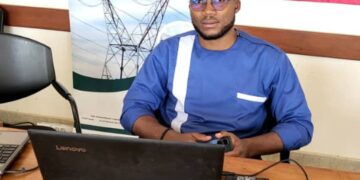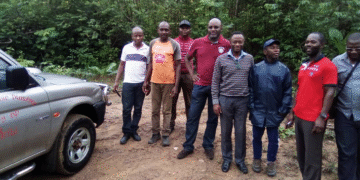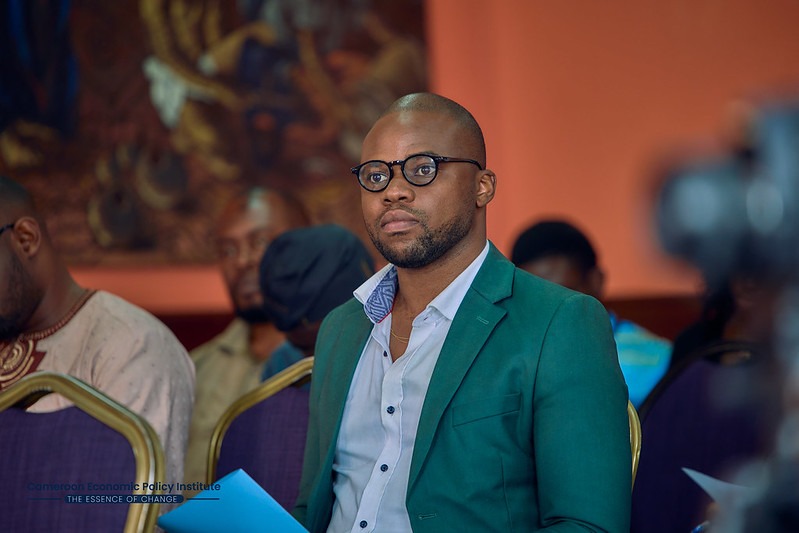Henri Kouam has hit several milestones over the years. From working for several institutions in Cameroon and other parts of the African continent to partnering with and rendering services for companies in Europe and Asia, many believe that the Cameroonian youngster has lived it all. More excitingly so, at a very young age.
Before establishing your institution, you had worked for several other companies and organizations. When did you finally settle on the decision of setting up the Cameroon Economic Policy institute? Was the decision influenced by any sort of void at the level of the other institutions that you worked with before then?
Having worked on a range for development projects for the Bill and Melinda Gates Foundation, North American Treaty Organization (NATO) to Nkafu Policy Institute, I developed a passion or policy as a solution to the many problems facing Cameroon. I equally noticed that capacity building initiatives failed to consider the diverse context of stakeholders, so we decided to create a think tank that will advocate for policy changes through research and policy advocacy while designing the types of training that can truly benefit citizens of Cameroon. We always go a step further and engage with civil society over the long run to ensure that they apply the leanings from our panel discussion and trainings. Rather than fill a void, we also wanted to complement what other think tanks are doing. It’s important to note that there are some great think tanks in Cameroon, but we need to coordinate better to achieve policy change effectively. CEPI doesn’t work alone, we work with 30 civil society organizations across agriculture, manufacturing, packaging and even in the beauty sector to ensure that we understand their needs before suggesting policy changes. I am also driven by the need to support sustainable development in Cameroon because our entrepreneurs need finance and good policies, but they equally need a support network, and so we are conscious of this and making sure that researchers, entrepreneurs, experts all engage to find common solutions to problems we face. Throughout my career, I witnessed the challenges that small and medium-sized enterprises (SMEs) face, which inspired our «Let’s Work Initiative.» This program aims to empower entrepreneurs by providing tailored training in essential business skills such as accounting, marketing, and operations. Our goal is to support 3,000 entrepreneurs by 2030, enhancing their chances of success in a competitive market where over 50% of SMEs fail within five years due to inadequate skills. Moreover, our «Trade for You» initiative seeks to facilitate local farmers’ access to international markets, particularly focusing on women entrepreneurs. We aim to register and upskill at least 50 women through practical training in business skills. CEPI’s mission is indispensable for Cameroon’s development as it addresses critical economic challenges through comprehensive research and advocacy. By fostering a community of informed stakeholders and promoting best practices in agriculture and trade, we strive to reduce poverty and improve livelihoods across the nation. Our commitment to enhancing the quality of economic policies is essential for sustainable growth in Cameroon
What were the major difficulties that you faced in the process of establishing the structure and how were you able to handle them especially considering how complex the finance and policy sectors are?
One of the major challenges we faced was finding the financing to enable us operate independently. We reached out to many local companies, shared our mission and involved them in our work and some of them financed research reports, offered us events space and introduced us to policy makers. When we started, we were fortunate to be mentored by Mr. Parfait Eppoh, the technical coordinator for the African Continental Free Trade Area (AfCFTA) for Cameroon, the former country Director of the World Food Progamme, Mme. Wanja Karia who encouraged and supported us in our advocacy for market-oriented agriculture policy and countless others who prefer not to be named. Another challenge was training our staff adequately. With limited resources, we designed a rigorous training curriculum on media engagement, research, policy advocacy to ensure that or staff across 7 regions are able to advocate for CEPI’s mission and work with civil society and policy makes to bring about sustainable change. As you know, if you invest in people, you can create more change than you can ever expect. Finally, we continuously face some push back from some who think our mission is to market oriented. But we believe that entrepreneurship and not government intervention will bring about sustainable development in Cameroon. Some people prefer a paternalistic government-oriented approach and so openly challenge our work, but to me that is a sign that we are engaging effectively. We cannot always expect everyone to agree with us. We encourage and foster public debate, that is what we do.
What has so far been your greatest successes since you established the policy institute?
Since we stated in 2023, we have trained over 1500 youths, entrepreneurs and businesses on verifiable skills like social media marketing, business plans and on various policy issues like free trade, Made in Cameroon, education policy, Taxes etc.
Your academic path also shows that you have a solid background in terms of academics. Do you have plans of using that to perhaps further grow your institution or going for a merger?
I don’t worry about growth; I worry about impact. To be honest, I wonder whether I need a PhD, not because I feel like a doctor. But because I’ve grown to focus on impact and you can achieve growth as a researcher at any level. I hope CEPI becomes the leading Economic Policy Institute in Cameroon, but I want our researchers, our marketers, our administrative staff to become the examples and the light of our society. So right now, I am focusing on equipping the team with the tools to lead our mission. Personally, I am not averse to professional growth and ember that most founders of think tanks don’t actually work full time at their organizations. You have surgeons and doctors in the U.S. that lead some of the most successful think tanks in the country.
Generally, what are your biggest achievements in the area of finance and policy?
Last year, we advocated for suspending taxes o new businesses for a period of three years. After several reports, policy briefs, media articles, working sessions and debates with policy makers, this was put in place in 2024. I want to note that this was not an effort form CEPI alone. For example, we held a debate at CRTV with the Assistant Executive Director of GECAM where we called for suspending this for 3- 5 years. So, there are other organizations that have equally been advocating for this change. On the finance front, we are consulting for ICLEI Africa on a project that seeks to encourage banks to fund climate finance projects. It’s a challenge, but I am already proud that we have contributed research that has been used and mentioned by senior Directors at the Ministry of Environment, it shows that we are making some headway.
Finance policy remains highly unknown to a lot of people? Do you have any plans of making any contributions in a bid to change the dynamics?
We are organizing a number of webinars and events on financial inclusion, finance policy (individual and business) over the coming months, so stay tuned on our website and social media pages. I hope you come to some of them. You can always see upcoming events at www.camepi.org.


